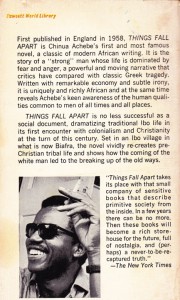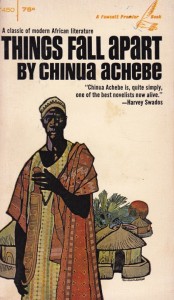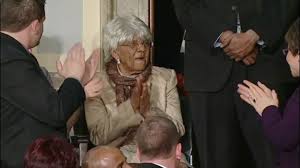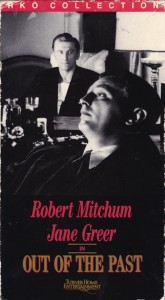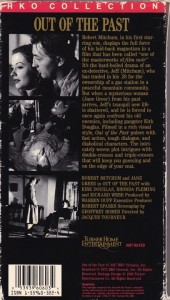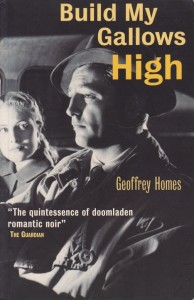A Deranged Shooter, a Blues-loving Author, and Reflections on Aesop–3 Great Reads in Sunday’s NY Times
After reading three terrific and interesting pieces in the NY Times this morning, I tweeted about them and so as night falls now want to share them here too. I’ll add a bit more about each story below the original tweets.
Oddest @nytimes obit of ’13-‘Ruth Ann Steinhagen Dead at 83-Shot a Ballplayer.’ Eddie Waitkus-Malamud’s ‘The Natural’ nyti.ms/11AoWRW
— Philip Turner (@philipsturner) March 24, 2013
The ballplayer Waitkus was a member of the 1948 Philadelphia Phillies; he recovered, though spent several months in a wheelchair after the deranged shooter wounded him. Steinhagen had never met him till that day, and had become weirdly fixated on him. She was institutionalized for some years afterward, but never went to prison, and was then released. She outlived all her relatives, and just died in Chicago last December. The Times obit by Bruce Weber explains her death would have gone unreported had not it been discovered in the course of unrelated reporting. Weber suggests that Bernard Malamud was aware of the incident when he published his novel The Natural in 1952, in which protagonist Roy Hobbs (Robert Redford in the 1984 movie) is shot by a female fan.
@nytimes vg feature w/Mohsin Hamid, Lahore-born author. Like his taste-John Lee Hooker, b/c he’s from a river city.nyti.ms/11ApmaS
— Philip Turner (@philipsturner) March 24, 2013
Hamid, author of the new novel How to Get Filthy Rich in Rising Asia, is very worldly, and his responses in the Times’ weekly feature, ‘Download’ about what he’s currently reading, listening to, following, watching, and appreciating, are very interesting, with good recommendations. I had not heard of online cultural aggregator 3quarksdaily, and it looks cool. I was delighted to see he’s a big fan of the blues and had not thought about denizens of river cities being especially susceptible to the charms of the American music.
1/2 Edward Hoagland writes today on Aesop; words we use from the animal kingdom; our future on the planet&heart. See @nytimes link in 2/2
— Philip Turner (@philipsturner) March 24, 2013
2/2 Loved Hoagland’s essay&see I’m hardly the first to share it today. On our ‘degrees of separation from animals’: nyti.ms/11Aqifv
— Philip Turner (@philipsturner) March 24, 2013
Hoagland’s essay is not only important, in a planetary sense, it also has some of the most surprising and interesting linguistic invention and wordplay I’ve encountered in a long time. There’s a lightness to the way it’s written that reminded me of E.B. White. Hoagland lives in Vermont’s Northeast Kingdom, also home to writer Howard Frank Mosher, author of the great novel of the region, Disappearances, and while it’s not White’s Maine, Hoagland and Mosher are also writers steeped in a powerful sense of New England place.

